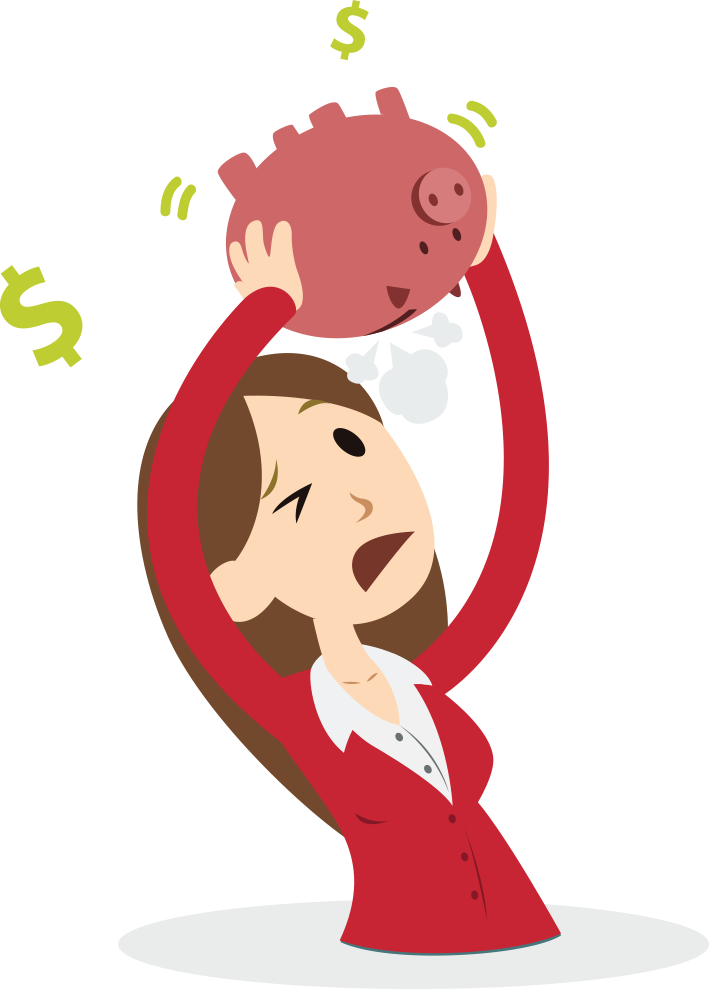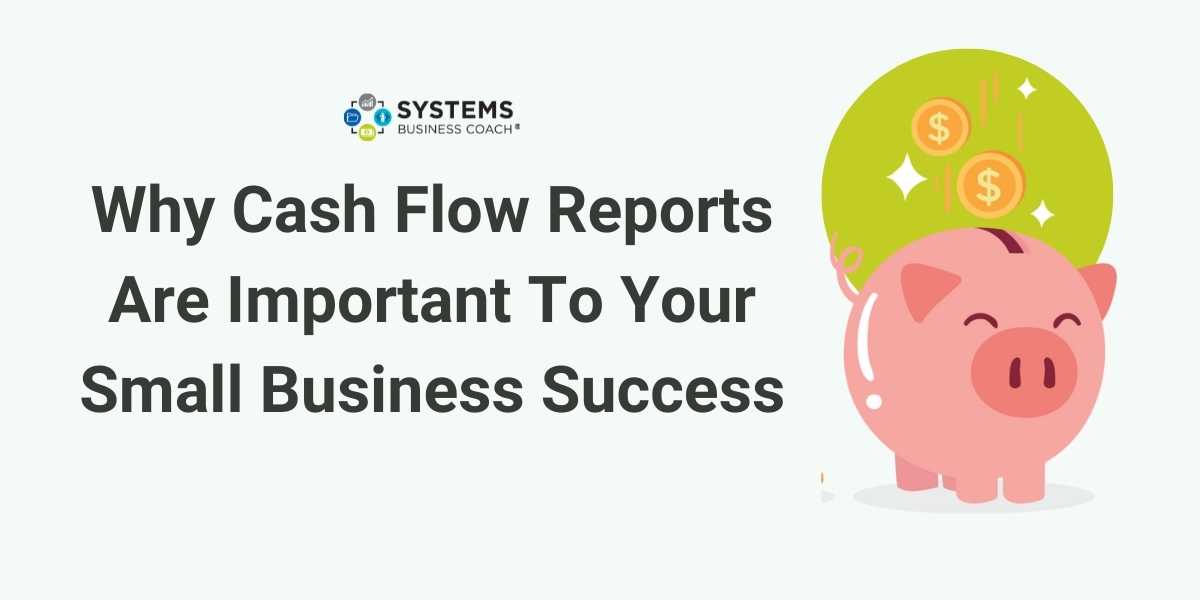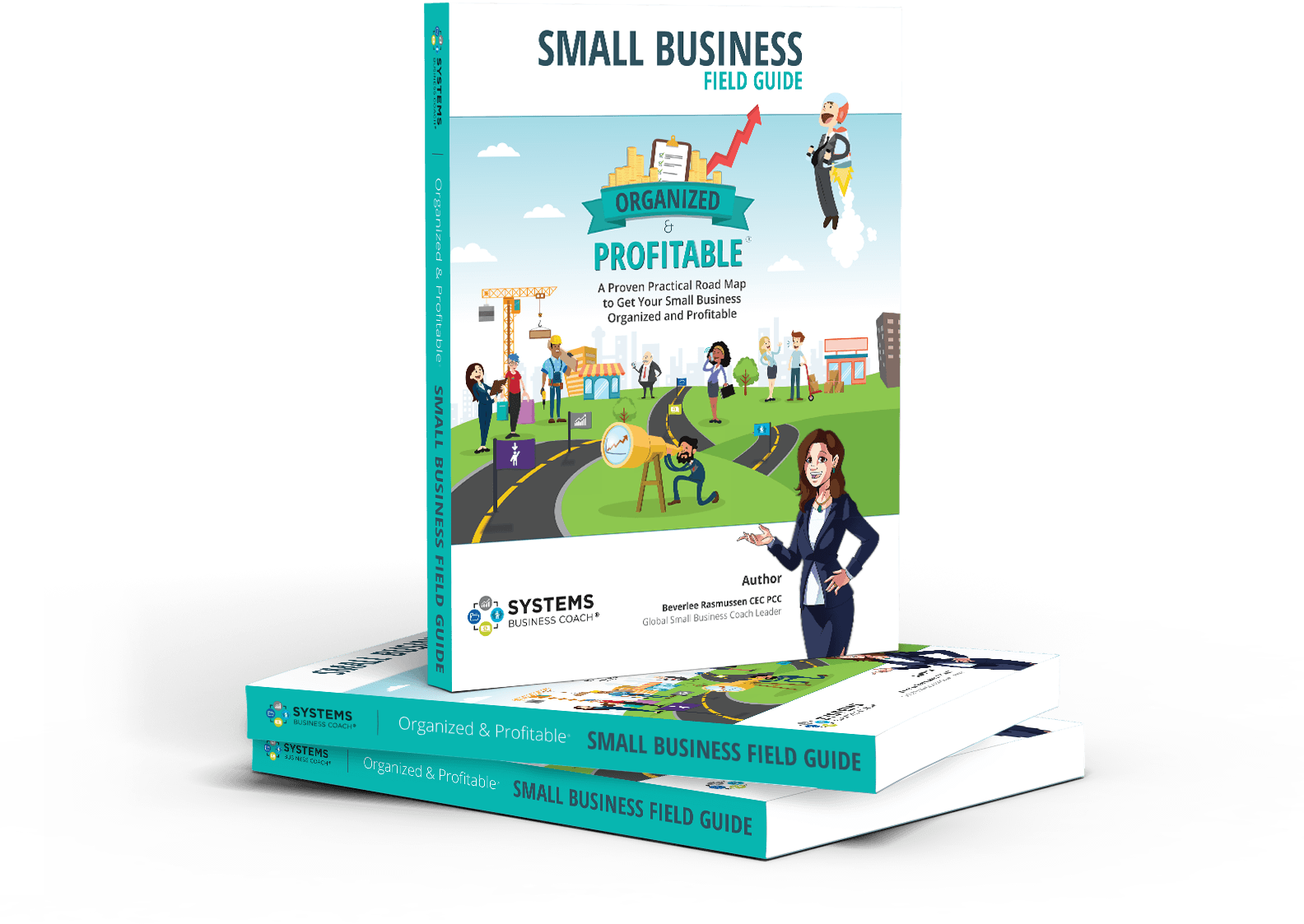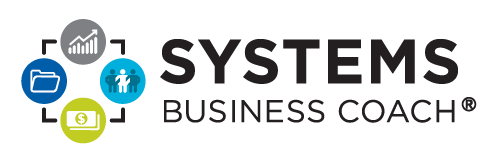Understanding how cash moves in and out of your business strengthen your ability to make good business decisions. How you spend or save your cash affects your company’s financial health as well as your ability to market, develop your products and team, and take time away from work. Unfortunately, it’s not unusual for small business owners to struggle with cash flow.
While it is important to look back at your cash flow history, it is equally important to be able to look ahead. Your cash flow forecast shows you what is going to happen. Your statement of cash flow shows what happened.

Statement of Cash Flow: Your Cash History
The statement of cash flow that is included with your annual financial statements (provided to you by your accountant) is a historical look back at cash movement during that specific year. The cash comes and goes from three different sources: operating, investing, and financing activities.
This report shows your company’s ability to operate, based on cash flowing into and out of the business. You can look back and see that all those cupcakes you sold consistently brought in a wheelbarrow of cash, enough to pay all your bills with some left over every month. That’s great. You know to keep selling cupcakes. That would be considered an operating cash activity.
On the other hand, if you sold a piece of equipment, that cash would be an investing activity. If you personally put your own cash into the company as a short-term loan, that would be considered a financing activity.
How is this different from your income statement? For example, let’s say you made a sale in June, but the client didn’t pay you until July. On the income statement, you would see the value of that sale in June. On the statement of cash flow, the sale would not show up until July.
Bankers and potential investors love to see a positive historical cash story on your statement of cash flow.
Cash Planning: Creating Your Financial Forecast
Cash planning is how you build your cash flow forecast. This important planning tool is what some accountants call receipts and disbursements projection. A cash flow forecast can be anywhere from 13 weeks to a full year. When COVID hit, we shared a 6-month emergency cash flow forecast report, you can download it here.
Cash planning can help you navigate your cash horizon so you can prepare for emergencies, lean times, and growth. In a business, cash is oxygen—if you don’t have enough when you need it, your business will die. You can have a million-dollar sale and celebrate the numbers on your income statement but ultimately go broke if the customer doesn’t pay you in time to cover your expenses.

Take Becky, who was fortunate enough to have been gifted her business when the previous owner retired. It wasn’t a hugely profitable company in the past, but she felt confident the company would soar under her leadership.
When Becky took over, she didn’t plan for ups and downs in cash flow. Forty thousand dollars in orders sat on her desk—orders she couldn’t process because she had no cash to buy inventory. Customers got angry. Delays cost her the best accounts.
Meanwhile, she had to use the money from sales for normal operating expenses like employee wages and business taxes. She was spending more than she was making. Add this to customers paying later than the agreed terms, and eighteen months later, the business closed forever.
The scenario is all too common. The good news is that it’s avoidable. Knowing when and how you generate the most cash can help you plan for leaner months.
With the cash flow forecast, whether you adopt the popular thirteen-week look ahead or do a full year of cash planning, you will know how much actual cash is physically coming in and how much you need to pay.
Why is this important? If you don’t manage your cash flow as previously mentioned, you could find yourself out of business.

How Are You Making Financial Decisions?
As you create your cash flow forecast, ask yourself:
- How much and when is cash being generated?
- How much and when do I need cash?
- What business activities have the biggest influence on my cash?
- Which customers are impacting my cash?
- How are my vendor relationships impacting my cash?
Monthly or even weekly cash flow monitoring and planning is essential for all companies, especially when you don’t get paid right away.
Each business has specific reporting metrics that will allow the owner to confidently make financial decisions based on facts. What are yours?












